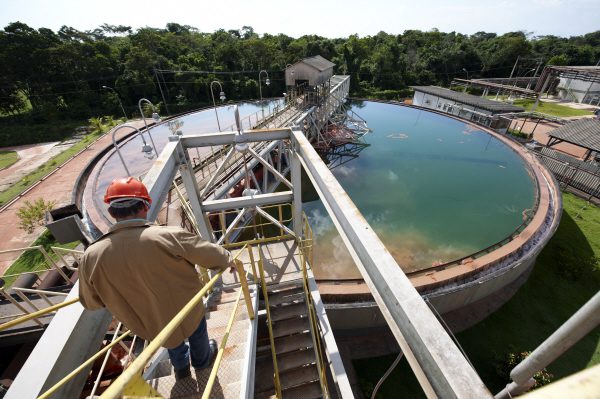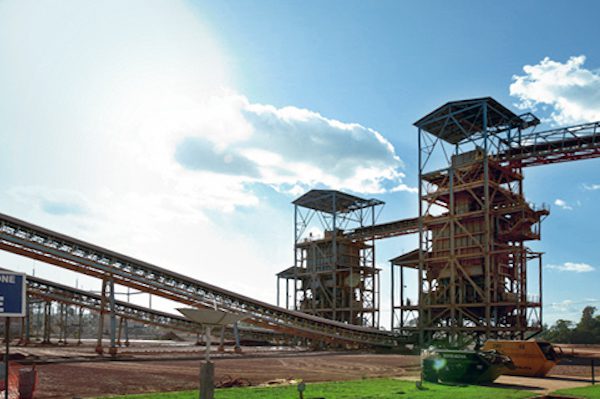Significant water resources are required to produce alumina, particularly in the refining process.
Currently, non-recycled water resources remain essential in the refining process. However, bauxite mining companies recognise water as an incredibly precious resource and, as a result, are investing in sustainable water management programmes to develop innovative solutions that can increase the use of recycled water.
Simply, bauxite mining, alumina refining and aluminium smelting wouldn’t be possible without water in production. It is used to produce the steam required in the digestion process, in the preparation of aqueous caustic soda, chemical additives and lime, to wash the ore, residues and recycled caustic, and for dust mitigation. It is also used for vehicle washing, sanitation and provision of drinking water at a all operations.
Recycled and reclaimed water is used where possible to reduce overall water use where resources are stressed. Surface or storm water run-off is collected in purpose-built ponds, which can be treated and reused.
The International Aluminium Institute (IAI) tracks the industry’s impact on water resources by collecting data on freshwater use, consumption, and water stress indicators. The IAI’s ‘Aluminium for Future Generations’ initiative includes a freshwater sustainability objective for its members: “IAI Member Companies will seek to reduce their freshwater consumption per tonne of alumina produced and concentrate efforts to minimise freshwater consumption where there are limited available freshwater resources.”

The amount of water used in refineries depends on various factors, such as bauxite quality, the design of the facility, the extent to which water is recycled, and the demand for non-process applications.
Other factors include the location of the facility and local levels of water stress.
